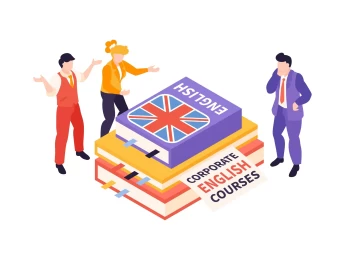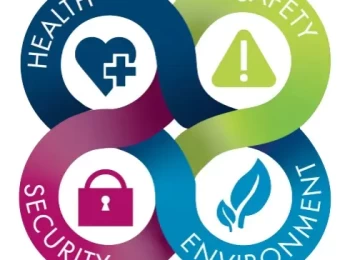Effective communication is absolutely crucial to business success. Appropriate communication with all influential parties relating to an organisation ensures that all processes and functions are being conducted at maximum proficiency. It also guarantees that client needs can be easily communicated and met to ensure full satisfaction.
Professional language is a skill that needs to be developed over time. While within the business world, there is an unwritten standard of what is deemed professional, it will vary depending on the individual. Professional language will primarily be focused on the exact wording used. This language will be utilised in all business areas, and often must be adjusted depending on the situation and who the receiving audience is. Overusing specific wording or phrases can reduce the message's impact, so one would also assess and filter out overused or weak wording.
Furthermore, communication does not end with physical language. For professional language to be completely effective, the tone and body language of how the message is presented also need to be considered. Presenting information openly and confidently will be much more engaging for the audience, and they will be much more willing to cooperate with the speaker.
Upon completion of this course, participants will be able to:
- Understand the vitality of using professional language in an executive setting.
- Evaluate the importance of using the correct tone when conveying a crucial message.
- Confidently use professional language across different forms of communication – written, phone calls, and face-to-face.
- Comprehend complex information provided in a professional language and relay it to those necessary.
- Successfully engage with important personnel and communicate clearly and concisely.
- Be capable of translating unprofessional language or alternative information sources into professional language.
- Assess external factors that may influence how a message is received.
This course is designed for anyone in a senior management or executive position who wishes to develop their skills and knowledge relating to professional language. It would be most beneficial for:
- Senior Executives
- Business Directors
- Operations Managers
- Regional Managers
- Business Owners
- Chief Executives
- Vice Presidents
This course uses a variety of adult learning styles to aid full understanding and comprehension. Participants will review case studies of successful business executives to highlight their communication methods and the effectiveness of their use of professional language.
The participants will use a combination of learning methods, including seminars, group discussions, case studies, and group activities. These will allow ample opportunities for the participants to fully develop their comprehension of the taught content and related skills. The group activities enable them to demonstrate their understanding and use constructive criticism to refine their capabilities.
Day 5 of each course is reserved for a Q&A session, which may occur off-site. For 10-day courses, this also applies to day 10
Section 1: Fundamentals of Professional Language
- The importance of communicating with a purpose.
- Maintaining engagement with the audience through tone and language.
- How the type of language used can dictate how a message is received.
- Filtering out slang and causal wording from professional conversations.
- Techniques to avoid filler words and conversations.
- Applying professional language to all mediums of communication.
Section 2: Advanced Reasoning
- Identifying how advanced reasoning is beneficial when using professional language in an executive setting.
- Assessing the process of verbal reasoning:
- Thinking and acting logically.
- Accurately analysing written information and during conclusions.
- Conveying important information concisely and adjusting delivery method depending on the receiver – managers, suppliers, or customers.
- Understanding the use of logical reasoning:
- Analysing and interpreting information and data from graphs and tables and translating them into an effective format.
- Presenting information from these sources to the necessary audiences.
Section 3: The Influence of Audiences
- Examining how the receiving audience can influence the required language and tone.
- Identifying different groups of people within each business function and evaluating ideal language methods.
- Exploring the different needs, demands, interests, and cautions of the target audience.
- Utilising different models for categorising audiences.
Section 4: Developing Proficiency in Communication
- Utilising different methods and techniques to develop communication skills.
- Ensuring all those involved are able to effectively engage in the topic at hand.
- Encouraging feedback and being open to constructive criticism.
- Revisiting weaknesses in communication and actively striving for improvement.
Section 5: Advancing Verbal Communication
- Verbal communication as the heart of all business communication.
- Incorporating other necessary skills to further professional language.
- Personally engaging with the audience using captivating language.
- How to structure an effective presentation.
- Negating conflict and business disputes using appropriate language.
Upon successful completion of this training course, delegates will be awarded a Holistique Training Certificate of Completion. For those who attend and complete the online training course, a Holistique Training e-Certificate will be provided.
Holistique Training Certificates are accredited by the British Assessment Council (BAC) and The CPD Certification Service (CPD), and are certified under ISO 9001, ISO 21001, and ISO 29993 standards.
CPD credits for this course are granted by our Certificates and will be reflected on the Holistique Training Certificate of Completion. In accordance with the standards of The CPD Certification Service, one CPD credit is awarded per hour of course attendance. A maximum of 50 CPD credits can be claimed for any single course we currently offer.
- Course Code IND19-101
- Course Format Classroom, Online,
- Duration 5 days













